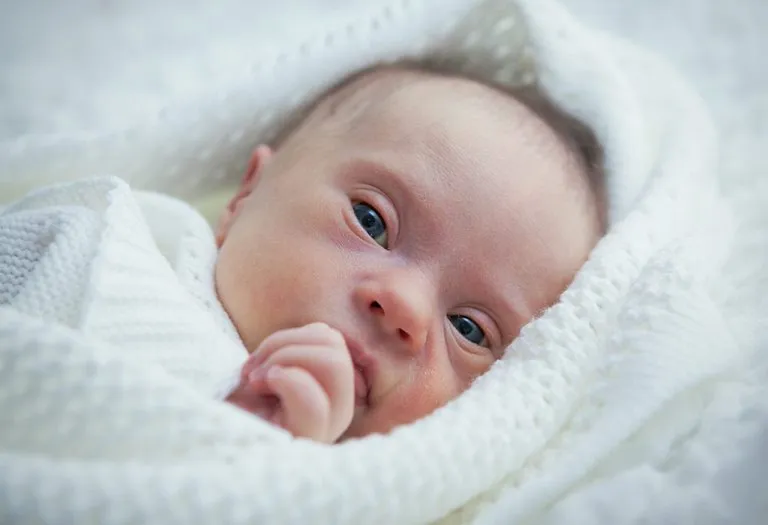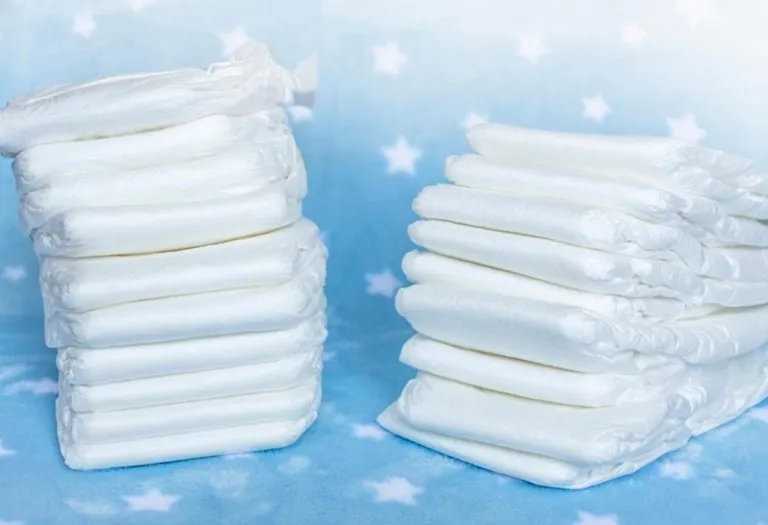Do Babies Pee & Poop in the Womb?

The pregnancy journey is filled with curiosity and wonder, particularly regarding the development and activities of the unborn baby. A baby’s basic organs start developing by the end of the first trimester of pregnancy. Among the many questions that arise, a common one pertains to baby pooping in the womb. This topic delves into the fascinating aspects of fetal development, exploring the functions and processes within the amniotic sac. Out of curiosity, you may wonder if babies pee and poop in the womb. Well, if you have this question and are looking for an answer, your search ends here! Read this article to find out if babies actually pee and poop in the womb.
Do Babies Urinate in the Womb?
As weird as the question sounds, the answer is just as strange to hear. Yes, babies do urinate when in the womb. By the end of the first trimester, the embryo becomes a foetus. It begins to resemble the human form and has some standard and crucial organs in its preliminary stages. Urine development also occurs, although it differs from the urine we know. It lacks any colour or smell since babies are not digesting any external food yet.
Why Does a Foetus Pee Inside the Womb, and Is It Safe?
Now that you know that your little bundle of joy can turn your womb into a toilet, your curious brain will want to see if they also drink the pee in the womb. Well, the answer is yes. But it isn’t as disgusting as it seems. Read on to know more.
The uterus, the baby’s home for the next nine months, is a safe and comfortable environment, thanks to the amniotic sac. This sac is filled with amniotic fluid, which serves a multitude of functions, from maintaining the ideal temperature to cushioning the baby’s movements. The fluid is a mixture of salts, minerals, and water, all provided by the mother’s body, ensuring the baby’s well-being.
Urination is a natural process in the human body, and the baby’s ability to urinate successfully is a good sign of his development. Babies tend to swallow a lot of amniotic fluid throughout their development, and they urinate it out. If this urine is not processed appropriately, collecting those elements can create a condition called polyhydramnios. The waste from the foetus’ body through its urine remains in the amniotic sac. Although the placenta removes some, some stay in the amniotic fluid. Therefore, babies tend to swallow their urine while taking in the amniotic fluid and carry out a recycling action.
While the idea of a baby swallowing urine may seem unappealing to us, it’s a normal and safe process in the womb. The absence of external germs or microbes in this environment eliminates the risk of infection. In fact, this act of swallowing is beneficial for the baby’s development. It helps the baby build the necessary strength for successful breastfeeding and promotes the proper functioning of the urinary and digestive systems.
Do Babies Poop in the Womb?
Now you know where the urine of the foetus goes in the womb. The next question you may have is if the foetus poops in there and whether it swallows the poop too.
You might be able to come to terms with the swallowing of the pee, but swallowing poop is gross, isn’t it? You don’t need to throw up as yet since babies don’t usually poop in the womb. Their bowel movements are nearly absent, and the first poop that babies have is usually the meconium that they excrete, which is green in colour (1).
The human body develops faecal matter due to the food we eat. Not all of that food is useful to the body, and some waste material remains once we have absorbed the nutrients. In the womb, all the nutrition that the baby needs is provided directly through the umbilical cord. Therefore, there’s no chance the foetus will develop any waste material inside the womb.
What Happens If a Baby Poops in the Womb?
Nothing is without exceptions, and there have been certain cases where babies have failed to hold their poop while being in the womb. If a baby does poop in the womb, the meconium circulates in the amniotic sac and mixes up with the amniotic fluid. This is a cause for concern since the baby might inhale it and develop a condition called meconium aspiration syndrome. This condition can lead to developmental disorders or limited breathing capacity after the baby is born (2). At this point, the doctors may intervene to drain the meconium out with the help of advanced medical procedures or provide supplemental oxygen to keep the baby safe after birth (3).
FAQs
1. Can a baby’s waste affect the mother’s health during pregnancy?
Generally, the baby’s waste products do not directly affect the mother’s health because the placenta filters and processes these wastes, ensuring they are safely eliminated through the mother’s system. However, certain conditions, such as infections or placental issues, can impact how effectively this process works and may require medical attention.
2. What happens if the amniotic fluid volume is too low or too high?
An abnormal volume of amniotic fluid can indicate potential problems. Oligohydramnios is a condition where the amniotic fluid volume is too low, which can lead to complications such as restricted fetal growth or preterm birth (4). Polyhydramnios, where there is too much amniotic fluid, can cause discomfort for the mother and increase the risk of preterm labour or delivery complications (5). Both conditions require careful monitoring and management by healthcare providers.
Now you know whether a baby poops and pees inside the womb. While it is indeed unsafe to have babies poop in the womb before labour, it is quite natural for them to pee in the womb and swallow it. A baby’s development journey is quite unbelievable, but every bit of this information is helpful for the parents-to-be. Once you know it all, you will feel proud of yourself and ready for parenthood.
References/Resources:
1. Newborn Poop: Meconium and Beyond; Nationwide Children’s Hospital; https://www.nationwidechildrens.org/family-resources-education/700childrens/2021/07/newborn-poop-meconium
2. Amniotic fluid; March of Dimes; https://www.marchofdimes.org/find-support/topics/pregnancy/amniotic-fluid
3. Meconium Aspiration Syndrome (MAS); Nemours KidsHealth; https://kidshealth.org/en/parents/meconium.html
4. Keilman. C, Shanks. A. L; Oligohydramnios; National Library of Medicine; https://pubmed.ncbi.nlm.nih.gov/32965997/
5. Polyhydramnios (too much amniotic fluid); NHS; https://www.nhs.uk/conditions/polyhydramnios/
Baby’s Positions in the Womb
Do Babies Sleep in the Womb?
Reading Stories to a Baby in the Womb
How to Teach Baby in Womb During Pregnancy?
Signs of a Healthy and Unhealthy Baby in the Womb
Was This Article Helpful?
Parenting is a huge responsibility, for you as a caregiver, but also for us as a parenting content platform. We understand that and take our responsibility of creating credible content seriously. FirstCry Parenting articles are written and published only after extensive research using factually sound references to deliver quality content that is accurate, validated by experts, and completely reliable. To understand how we go about creating content that is credible, read our editorial policy here.




































